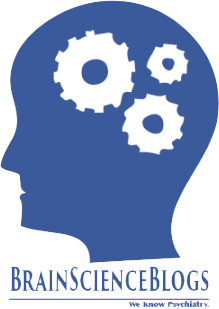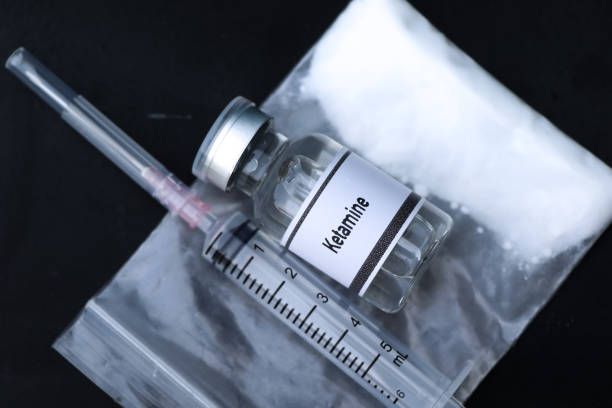A monoclonal antibody,BAN2401, that targets soluble amyloid-beta oligomers, slowed cognitive decline by up to 47% while clearing brain amyloid in 81% of patients with mild cognitive impairment and very mild Alzheimer’s disease, according to phase 2 study results. A joint venture with Esai and Biogen, BAN2401, is among the most promising new developments to potentially treat Alzheimer’s.
At the Alzheimer’s Association International Conference, Eisai and Biogen, touted the study results as an important step forward in a field desperate for success. But questions remain, especially about the unequal distribution of apolipoprotein E4 (APOE4)-positive patients across the six treatment groups: BAN2401 2.5 mg/kg biweekly, 5 mg/kg monthly, 5 mg/kg biweekly, 10 mg/kg monthly, and 10 mg/kg biweekly, or placebo. This troubled some researchers, who said the mix could have biased cognitive results in the antibody’s favor. APOE4 carriers comprised about 70%-80% of every unsuccessful treatment arm in the trial, and 29% of the arm that conferred significant cognitive benefits. These results were also reported in Clinical Psychiatry News.
The decision to restructure the randomization was not Eisai’s, according to David Knopman, MD, chair of the Alzheimer’s Association Medical and Scientific Advisory Council.
As quoted in Clinical Psychiatry News, “European regulators did not allow randomization of [some] APOE4 carriers to the highest dose,” he said in an interview. “I ultimately don’t know what it would do to the results, except make them even more difficult to justify as sufficient for registration. In general, in symptomatic Alzheimer’s dementia patients, APOE4 carriage has no substantial impact on rate of decline, but whether [APOE4] status interacted with the treatment is of course completely unknown. Bottom line: Just another feature that makes this a phase 2 study that needs to be followed by a phase 3 study with a simple design using the high dose.”
Additionally, BAN2401 failed to meet its 12-month prespecified primary cognitive endpoints, a conclusion determined by a complex Bayesian analysis that strove to predict an 80% probability of reaching at least a 25% cognitive benefit. In December, the company announced that the study hit just a 64% probability. But because Eisai felt the numbers were moving in the right direction, it continued with the additional 6 months of treatment, as allowed for in the study design, and then reanalyzed results with a simpler and more straightforward method. This analysis concluded that 10 mg/kg infused biweekly conferred a 30% slowing of decline on the Alzheimer’s Disease Composite Score (ADCOMS), a new tool developed and promoted by Eisai, and a 47% slowing of decline on the Alzheimer’s Disease Assessment Scale-cognitive subscale (ADAS-Cog). It also cleared brain amyloid in 81% of subjects and sent cerebrospinal fluid (CSF) biomarkers in the right direction. CSF amyloid levels went up – to be expected if the antibody was clearing it from the brain – and CSF total tau went down, an indication of decreased neuronal injury.




Leave A Comment